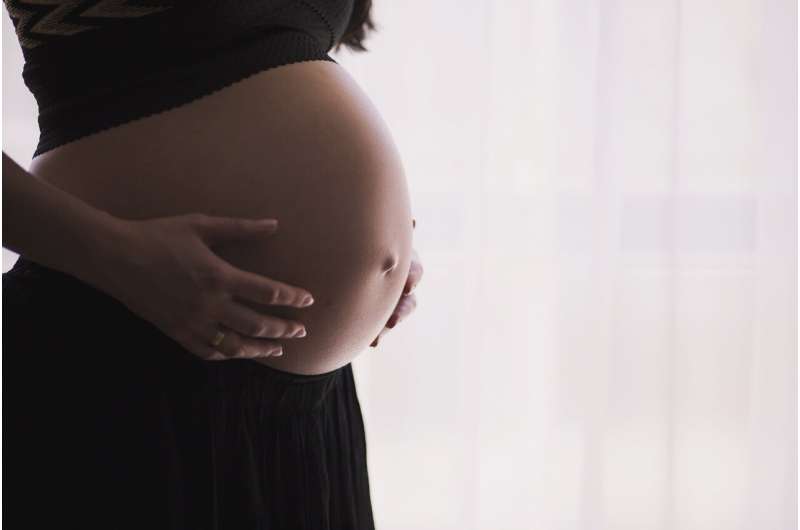Women with a low desire to avoid pregnancy still use contraception

A new study from the University of California San Francisco (UCSF) and Columbia University Mailman School of Public Health challenges assumptions that women with the highest preference against pregnancy use more effective contraceptive methods and that women who might welcome pregnancy do not use contraception. Overall, women with a stronger preference to avoid pregnancy were far more likely to use any contraceptive method. Still, over half of the women studied who reported low preference to avoid pregnancy nevertheless used a contraceptive method. The findings are published in the journal Contraception.
Using the 14-item Desire to Avoid Pregnancy (DAP) scale, a newly developed tool by study co-author Dr. Corinne Rocca (UCSF), researchers measured the ranges of women's preferences regarding a potential future pregnancy. The scale, which captures feelings about both a potential pregnancy (within three months) and child (within a year), and allows for uncertainty and ambiguity in preferences, covers three domains: desires, emotions, and perceived consequences. This is the first study to test the rigorously developed and evaluated measure of pregnancy preferences in an ethnically and geographically diverse sample of women.
The study showed that the odds of contraceptive use increased 64 percent for each increasing point on the DAP scale. Among women who had sex in the last 30 days, 21 percent reported not using any contraceptive method, while 17 percent used IUDs or implants, 31 percent used Short Acting Reversible Contraception including the Pill, and 20 percent used condoms. About 13 percent of women with a high preference to avoid pregnancy reported no use of contraception. Pregnancy preferences were not associated with the types of contraceptive methods women used.
"We found that women across all ranges of desire to avoid pregnancy used a diversity of contraceptive methods" said Goleen Samari, Ph.D., Columbia Mailman School assistant professor of population and family health. "The finding tells us that women use contraception for all sorts of reasons, and contraceptive counseling shouldn't be guided by pregnancy preferences alone. Even for women with strong preferences to avoid pregnancy, overemphasizing effectiveness in contraceptive counseling may not lead to contraceptive uptake and satisfaction if other contraceptive features are not addressed."
More information: Goleen Samari et al, Pregnancy preferences and contraceptive use among US women,, Contraception (2019). DOI: 10.1016/j.contraception.2019.10.007



















